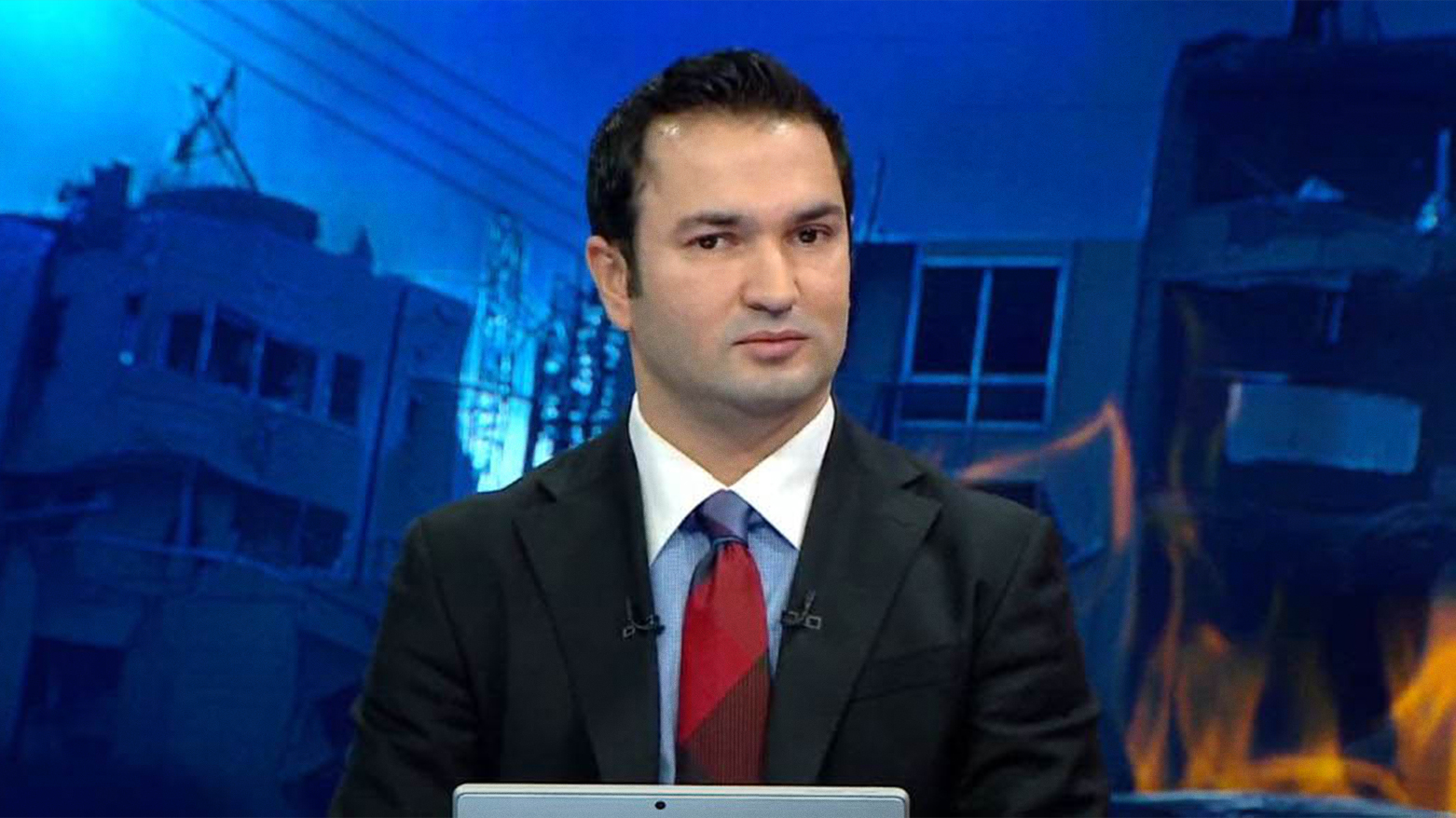13,000+ Stranded Citizens Brought Home After Travel Disruptions
The KRG has repatriated over 13,000 Kurdish citizens stranded abroad due to the Iran-Israel conflict. Under PM Masrour Barzani’s directive, emergency teams coordinated transit routes, including from conflict zones like Kish Island, ensuring safe returns to Kurdistan.

By Kamaran Aziz
ERBIL (Kurdistan24) — The Kurdistan Regional Government (KRG) has successfully repatriated over 13,000 Kurdish citizens who were stranded abroad following widespread air travel suspensions in the region due to the ongoing Iran-Israel conflict, according to an official statement released by the Crisis Coordination Center.
On Saturday, June 21, 2025, Ali Saeed, Director of Data and Information at the KRG’s Crisis Coordination Center, which operates under the KRG Ministry of Interior, told Kurdistan24: "Under the directive of Prime Minister Masrour Barzani, a joint operations room was established between the Ministry of Interior and the Department of Foreign Relations. Since the night of June 13, data has been collected regarding those Kurdish citizens stranded abroad. Consequently, the Ministry of Interior quickly provided two hotline numbers for citizens stranded abroad, along with a Google Form to gather their information."
Saeed emphasized the swift response initiated by the authorities: "Within the first six hours of the process, the issues of 350 citizens who were stranded at airports in surrounding countries were resolved, and they were returned to Kurdistan with transit visas. During that period, more than 5,600 calls were received on the hotline from stranded citizens, and 1,300 online forms were completed."
According to the latest figures, the cases of 13,335 individuals have been resolved through a combination of transit visas and ground transportation. Saeed elaborated on the complexity of the operation: "The cases of those who were farther away were more difficult, requiring transit routes for return. Some citizens were trapped in active conflict zones. Around 80 citizens from Kurdistan were stranded on Kish Island in Iran, where there were no land routes. They were afraid, as the area had become a war zone. Therefore, we transferred them by ship to a nearby island with land access, and from there they were brought through Khorramshahr, then through the Shalamcheh border gate in Basra, and finally back to the Kurdistan Region."
Saeed also reported that 40 patients from the Kurdistan Region who had traveled to Iran for medical treatment were safely repatriated in two coordinated phases.
"Until the last citizen is safely returned from abroad, our teams will remain on duty to bring them home," he affirmed.
The operation highlights the KRG's rapid response capabilities and its commitment to ensuring the safety and welfare of Kurdish citizens caught in the crossfire of a wider regional crisis. The coordinated efforts of the Ministry of Interior and the Department of Foreign Relations were instrumental in overcoming logistical challenges, particularly in areas directly affected by armed conflict.
The KRG’s Crisis Coordination Center continues to monitor developments and remains engaged with international and regional authorities to ensure that all remaining stranded citizens are returned to safety.